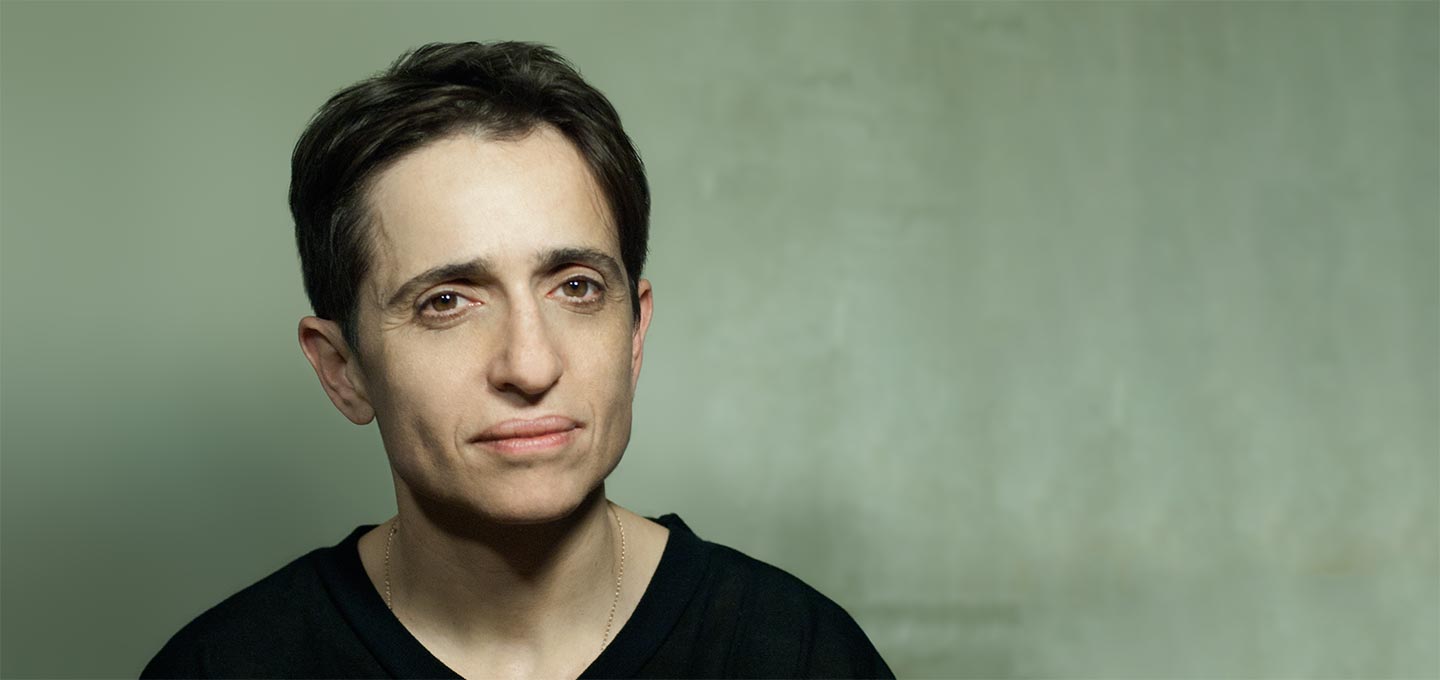The 2015 Wallenberg Medalist, Masha Gessen, will give the Wallenberg Lecture on November 3 at 7:30 pm in the Rackham Auditorium. Gessen is a highly acclaimed journalist, author, and vocal critic of Vladimir Putin and his government’s corruption, repression of human rights, and intervention in former nations of the Eastern Soviet Bloc, Ukraine, and Syria.
Ms. Gessen’s activism in support of marginalized groups, including LGBTQ, Ukrainians, and other populations has made her the target of death threats. Gessen’s engagement through her pen reaches a global audience.
Gessen is the author of 11 books, writing most recently about the Tsarnaev brothers behind the Boston Marathon bombing in The Brothers: The Road to an American Tragedy. Her other recent books include Words Will Break Cement: The Passion of Pussy Riot and The Man Without a Face: The Unlikely Rise of Vladimir Putin. An eloquent storyteller, Gessen weaves a narrative that exposes the oppressive social and political landscape created by Putin.
To distill the volumes of books, articles and essays Gessen has written in the last few years, we’ve gathered a short list of recent writing to serve as a primer on the scope and significance of her journalism and advocacy.
From The Cops Who Would Save a Country
If Ukraine’s militsiya could be magically replaced by a Western-style police, the country’s dream of becoming a European state could move into reach. For the engineers of Ukraine’s police reform, this is the dream.
From To Russia with Tough Love
Then, one day last summer, I spent a night walking the center the way I used to. Everything was gone, damaged or faked. You had become a stranger. Goodbye, Moscow. I don’t love you anymore.
From When Is Outing Gays Justified?
Most Russians believe that they have never met a gay person in their lives, so exposing two prominent, popular young men as gay may change popular perceptions.
From Who Controls a Gay Russian Teenager’s Story?
But such is the insidious power of framing: whoever tells the story first controls it. Russian propaganda outlets have this down to a science.
From A Country Haunted by Starvation Burns Its Food
Disposing of uneaten food—even letting food go bad so that it has to be discarded—has been seen as something akin to a crime. And now Putin, whose own mother nearly died of starvation during the Siege of Leningrad, has ordered that food be destroyed.
From Putin’s Russia: Don’t Walk, Don’t Eat, and Don’t Drink
Indeed, the larger message of the Nemtsov assassination and the apparent attempted assassination of Kara-Murza is that no one is safe.
From Should I Stay or Should I Go?
Remember how we used to say we would outlast him?” a friend asked me the other day, referring to President Vladimir Putin. “Well, I don’t believe that anymore.
From In the Boston Marathon Bombing, a Verdict, but Few Answers
The trial has been an astoundingly time-consuming and expensive undertaking, but it has not given the public what it needs and wants most: the fullest possible understanding of what happened.
From Is it 1937 yet?
It’s probably natural and even right for any country to measure current events against its own history. The problem with Russia is that its history sets an unconscionably low bar.
Wallenberg Medal and Lecture
November 3, 2015, 7:30 pm
Rackham Auditorium

